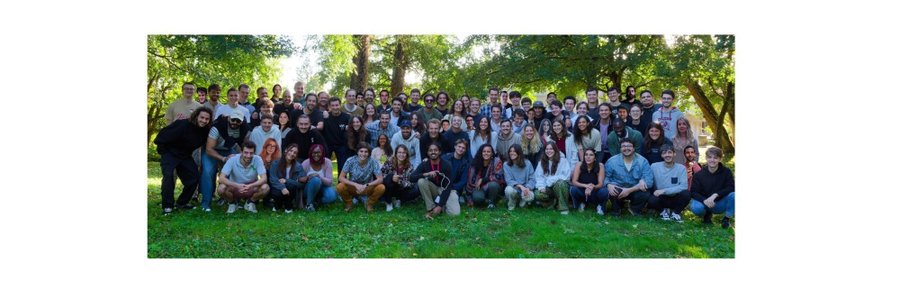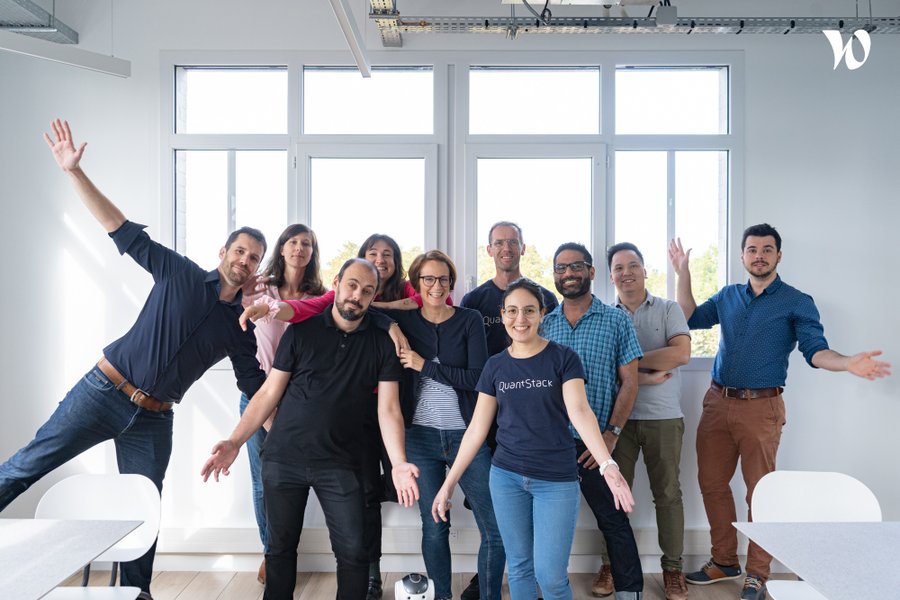In-browser Economics - Internship
The position
Job description
Jupyter has emerged as a valuable tool in the realm of economics education. One notable initiative is QuantEcon, a unique resource for computational economics education. We are convinced that by enabling computational economics educational content in JupyterLite, we can facilitate adoption and dissemination on an even larger scale.
Our project aims to integrate JupyterLite with Dynare and its ecosystem. Dynare is a versatile solver for a wide class of economic models, namely Dynamic Stochastic General Equilibrium (DSGE) models, which encompasses many models used daily by researchers and institutions such as central banks and governments. Dynare provides a Domain-Specific Language (DSL) for defining models.
In-browser economics with Dyno 🦖
This internship will be co-managed by the JupyterLite developers at QuantStack and Pablo Winant, a professor of economics at ESCP and École Polytechnique.
The main objective of the internship is to create a specialized editor for Dynare models in JupyterLab. This will allow model authors to validate their models in real-time as they develop and adjust them, and visualize the results interactively.
As Dynare is primarily designed for the proprietary Matlab environment (though it also supports GNU Octave), our focus will be on the Dyno implementation. Dyno provides an alternative that utilizes the PyData stack, eliminating the need for MatLab, while remaining compatible with the Dynare DSL.
We will validate the platform with a collection of textbook economic models. Corresponding Dynare model files will be shipped alongside the package as examples. Considered models include:
Real Business Cycle model
A textbook new Keynesian model (from Gali 2015)
Smets & Wouter model: the medium scale workhorse DSGE model which is the foundation for many policy models used in central banks
A DSGE version of the Dynamic Integrated Climate-Economy (DICE) model developed by William Nordhaus. The DICE model aims to integrate the estimated impact of climate change and the measures taken to mitigate it.
Preferred experience
We are looking for a software engineering intern in their last year of school. We expect candidates to not have professional experience except for earlier internships.
In terms of technical skills, this internship is at the crossroad between frontend development and computational economics. We will consider application from both software engineering students with knowledge of frontend development, as well as economics students with a solid programming background.
Prior experience with Jupyter development specifically is not required. A track record at contributing to open-source software is a huge plus.
Recruitment process
First interview with a Technical Director
Second interview the CEO
Want to know more?

Rencontrez Trung, Scientific Software Developer

Rencontrez Jeremy, Technical Director
These job openings might interest you!
These companies are also recruiting for the position of “Software & Web Development”.











